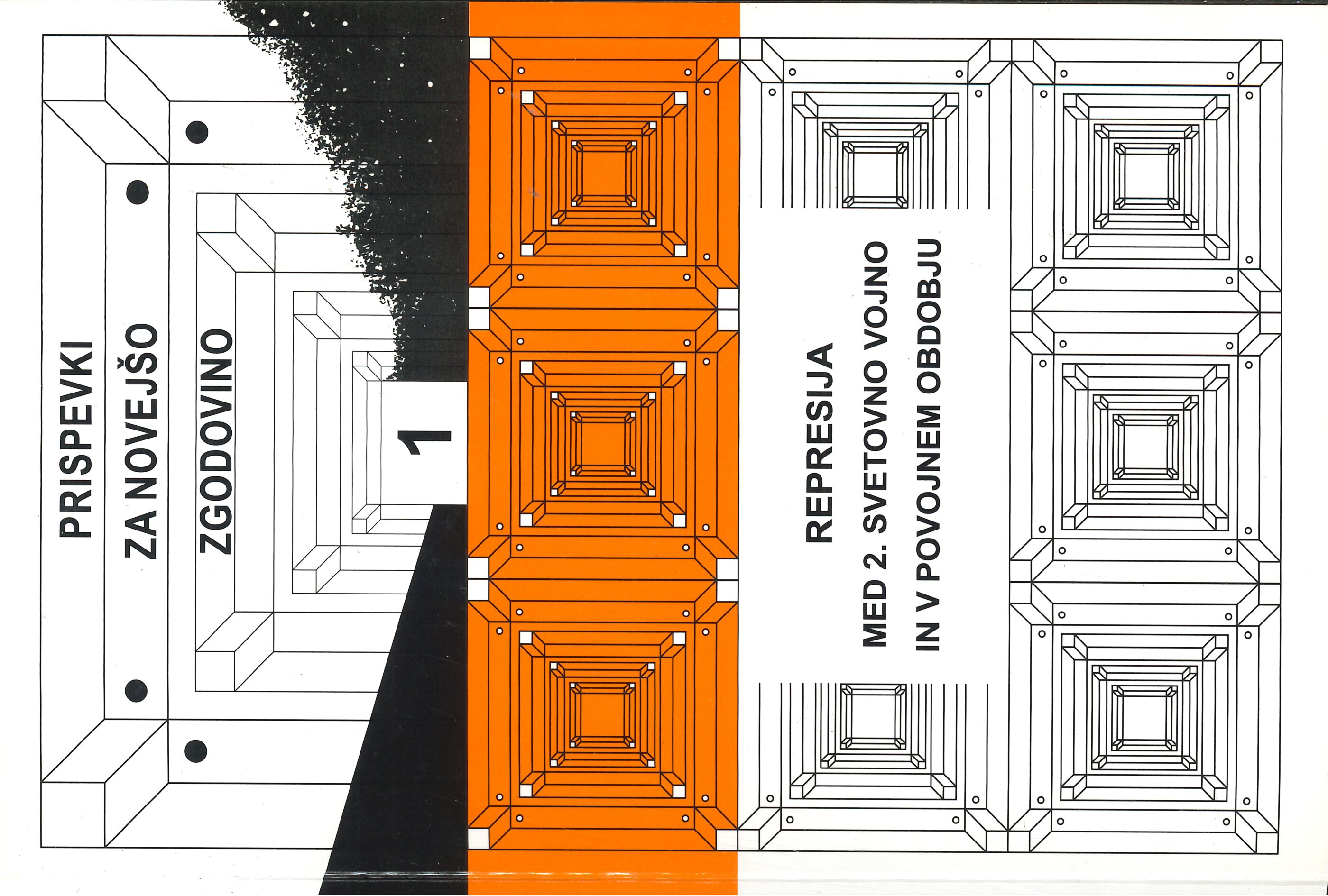Represija nad Slovenci v Porabju v času Rákosijevega režima (1948−1956)
Keywords:
Hungary, Rába Valley Slovenians, Rákosi regime, Cominform, deportations, labour campsAbstract
REPRESSION AGAINST SLOVENIANS IN THE RÁBA VALLEY DURING RÁKOSI'S REGIME (1948‐1956)
The article focuses on various phenomena and forms of repression carried out by the authorities of the communist Rákosi regime (especially State Security Service) in the triangle of borders in the Rába Valley, especially after the Cominform Resolution, when it was declared that Yugoslavia was an enemy. This resulted in »war hysteria« aimed against Tito, and the war preparations also involved a preventive »cleansing« of the area bordering on Yugoslavia. South Slavs (also Sloveni‐ ans) became the potential enemies of the regime. One of the most efficient methods for the removal of persons unwanted by the government was deportation to closed work camps in the provinces of Hortobágy, Nagykunság and Hajdúság in the east of Hungary, operating between 1950 and 1953. The coercive measures taken by the authorities against the people include forced labour in the camps, police supervision, physical and psychological maltreatment of the internees, inhuman living conditions and so on. The author bases her presentation of the developments at the time on the relevant archive documents and testimonies of the internees who are still alive.
Downloads
Published
Issue
Section
License
Authors who publish with this journal agree to the following terms:
- Authors retain copyright and grant the journal right of first publication with the work simultaneously licensed under a Creative Commons Attribution License that allows others to share the work with an acknowledgement of the work's authorship and initial publication in this journal.
- Authors are able to enter into separate, additional contractual arrangements for the non-exclusive distribution of the journal's published version of the work (e.g., post it to an institutional repository or publish it in a book), with an acknowledgement of its initial publication in this journal.
- Authors are permitted and encouraged to post their work online (e.g., in institutional repositories or on their website) prior to and during the submission process, as it can lead to productive exchanges, as well as earlier and greater citation of published work (See The Effect of Open Access).


